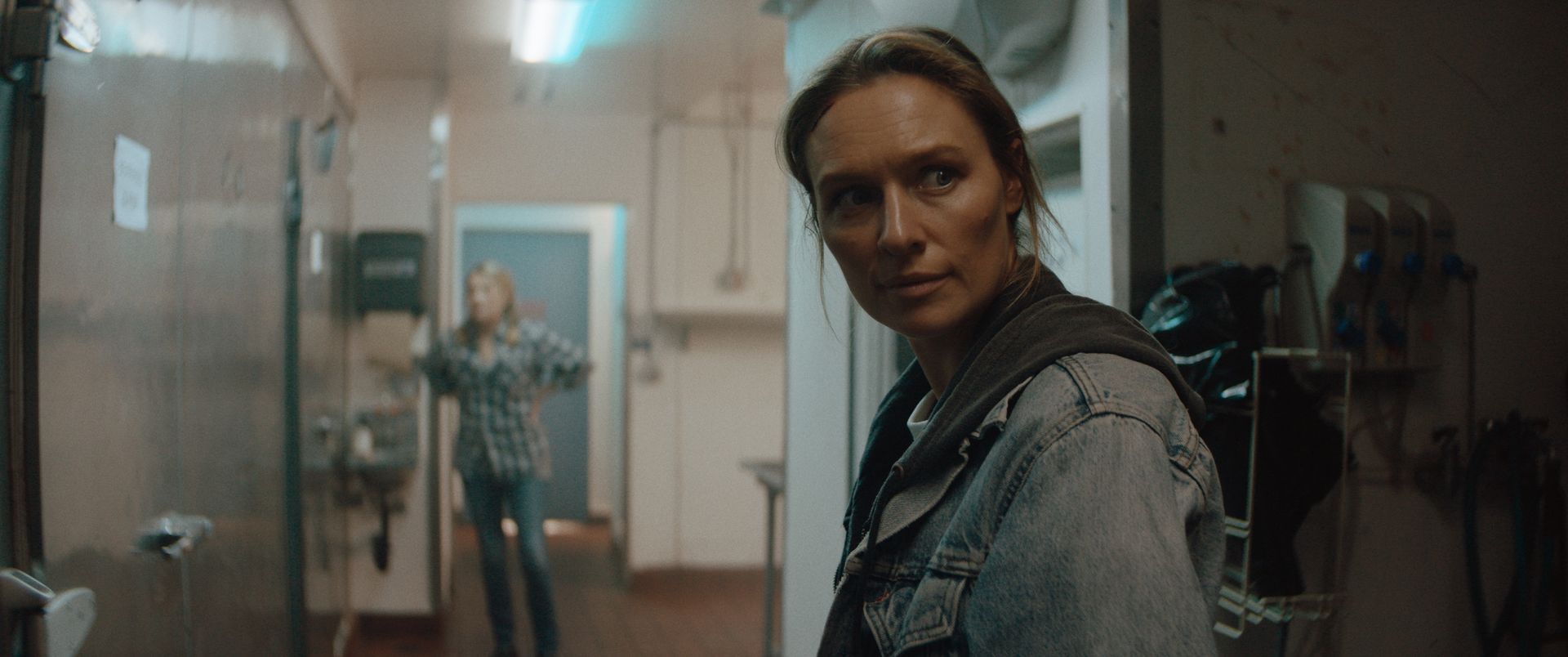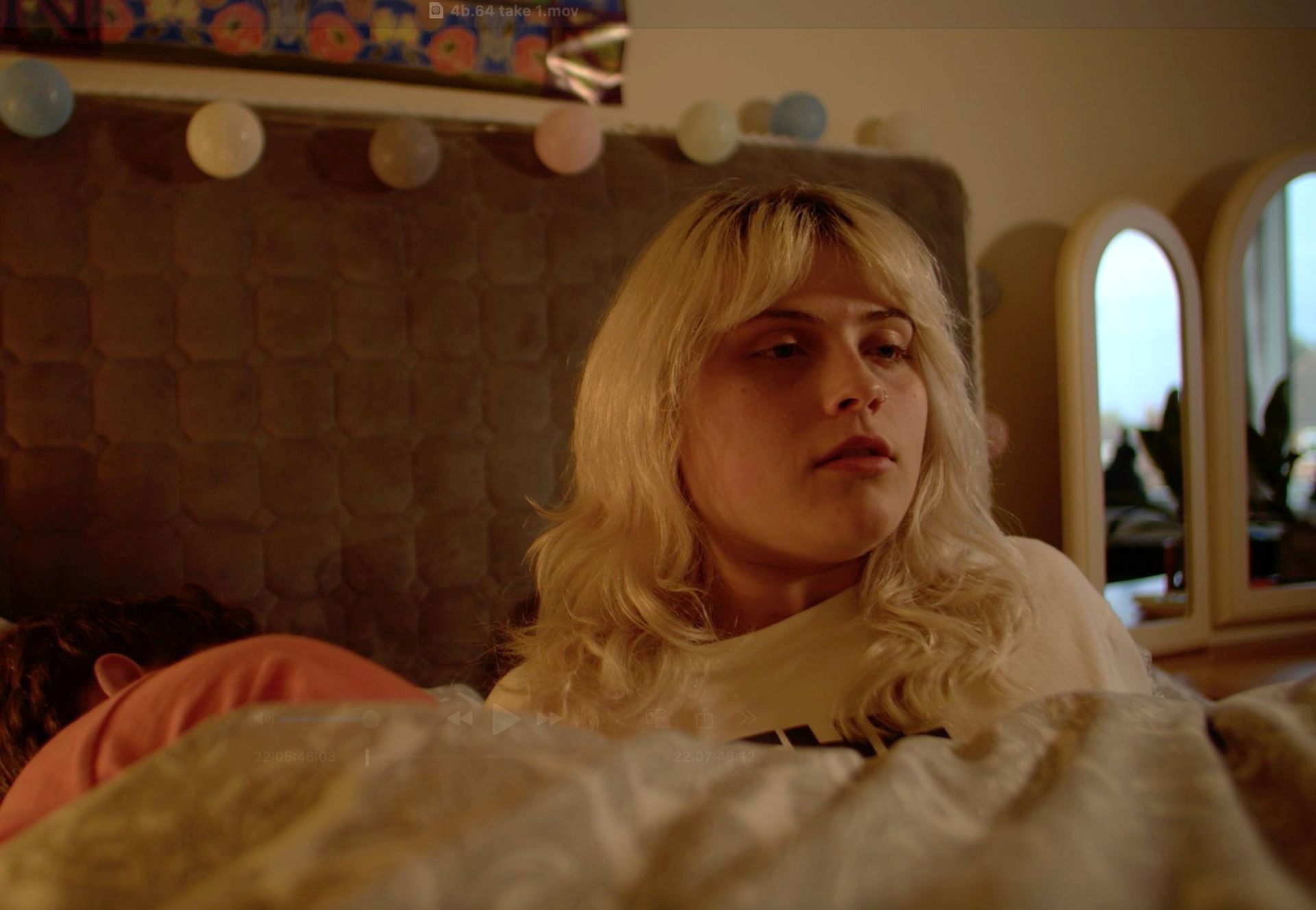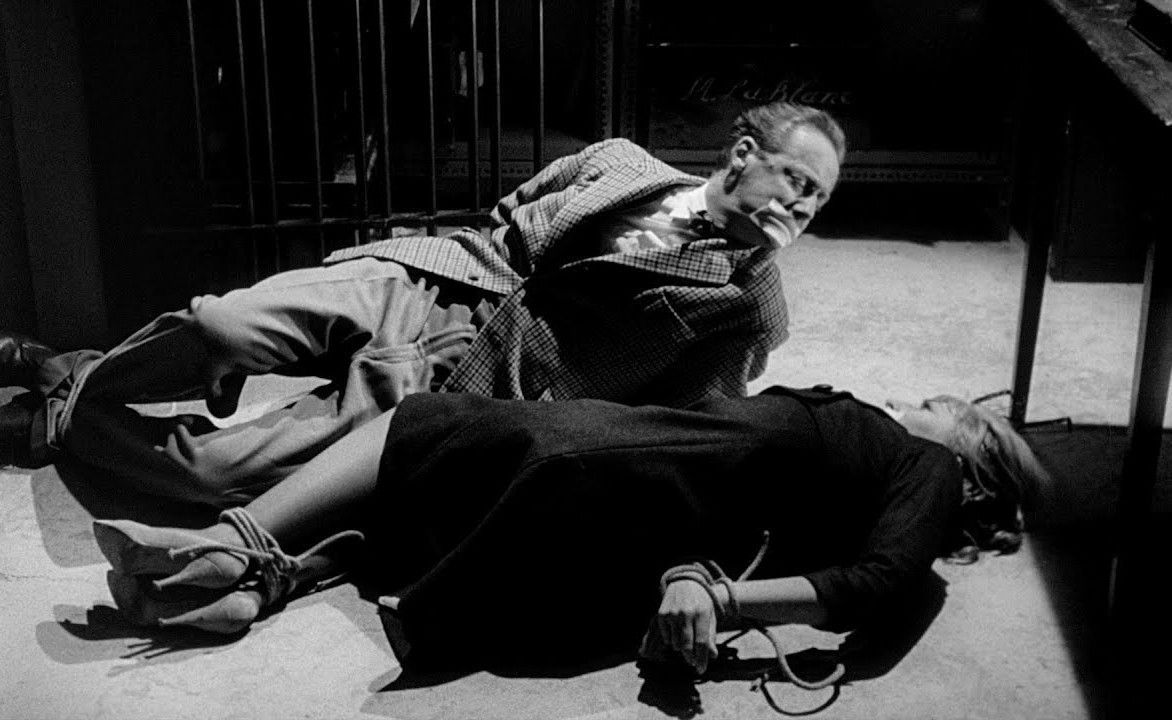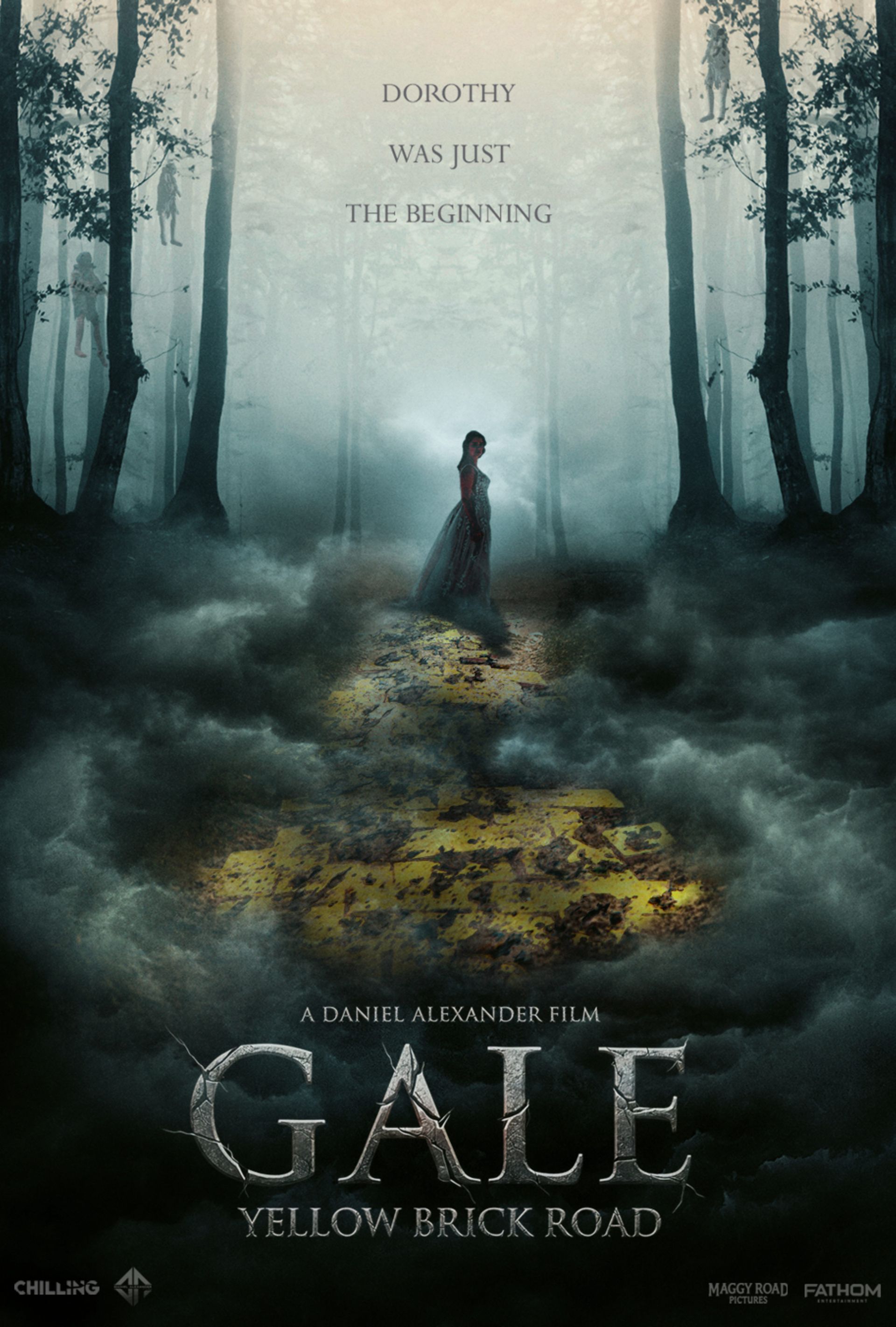Midlands Review of Mind
midlandsmovies • April 26, 2021

MIND
Directed by Joshua Griffiths
2021
JJR Films
Mind is the latest film from Midlands filmmaker Joshua Griffiths and delves into sensitive subject of mental illness and the effects it can have on a person.
The film tells the story of Mark Daniels (Joshua Griffiths himself) who is suffering from a variety of mental health issues but is unable tell anyone around him about the problems he is facing. Amongst conversations about life struggles with his brother Steven, his delicate situation is compounded when a policeman arrives to tell him his brother has passed away in a road accident.
Already suffering isolation, the incident pushes Mark further into drinking and his solitary world whilst avoiding the problems he’s facing at every turn. Voices from the past are both terrifying and haunting as Mark spirals into a world of self-destruction and misery.
The film uses music and sound well as the ever-present voices become more intense and repetitious which annoy our protagonist and drive him to ever further psychosis and a final realisation about his predicament.
The story is told in a straight-forward manner yet the film falls down with its technical attributes. One flaw is lighting and cinematography. Many shots are under-lit and rather than a creative choice, the visuals look like an afterthought. It’s hard to say but some shots should be given more thought at the planning stage.
The lighting goes hand-in-hand with the cinematography which is also careless at times. Haphazard compositions create unintentional confusion – remember the rule of thirds
- and doesn’t help the filmmaker tell their story. Together with the pacing problems of the editing, it leaves us with a film that is drawn-out and looks a bit crude, which no doubt wasn’t the intention.
Again, it comes back to the basics. What is the style? What is the tone for each scene? Do we need a dramatic close-up? An establishing shot to know where we are? These are merely touched upon here when they should be the fundamental aspects to help underpin the narrative and character arcs.
But it would be unhelpful not to make suggestions for improvements. Low-budget filmmakers should be honoured for their filmmaking keenness and their creative passion for their stories. Everyone wants to share some view on the world they have and a tale they wish to tell.
For chunks of this film we get conversations playing out the character moments. This helps show the relationships between them and also their motivations. Yet it's easy to make these scenes uninteresting visually. Filmmakers would do well to see how established moviemakers tackle similar sequences. There’s the “simplicity” of the famous Heat diner scene (here) as well as the opening to Pulp Fiction for example with Jules and Vincent's dialogue interaction.
And very quickly it becomes clear how important it is to adhere to some established cinematic rules. Doing your homework on other filmmakers is key to see how meaning is created, how visual choices connote important aspects of story and to finally ensure the technical levels are up to scratch.
There’s YouTube guides (here
and here) to help along the way and it’s recommended any budding filmmaker should study such resources to help them hone their skills and efforts in the right direction.
Being slightly shorter and more focused will help coalesce these interesting ideas into something more impactful . But as it is, Mind loses its important messages about dealing with (and living with) mental health conditions with under-performing filmmaking techniques.
But although it suffers from a hurried approach, probably not helped by additional pandemic limitations, a few clumsy mistakes can be easily rectified for the filmmaker’s next projects. This will improve everything across the board because they touch upon all other parts of filmmaking themselves and will no doubt keep the director on the right path in their creative career.
Michael Sales
